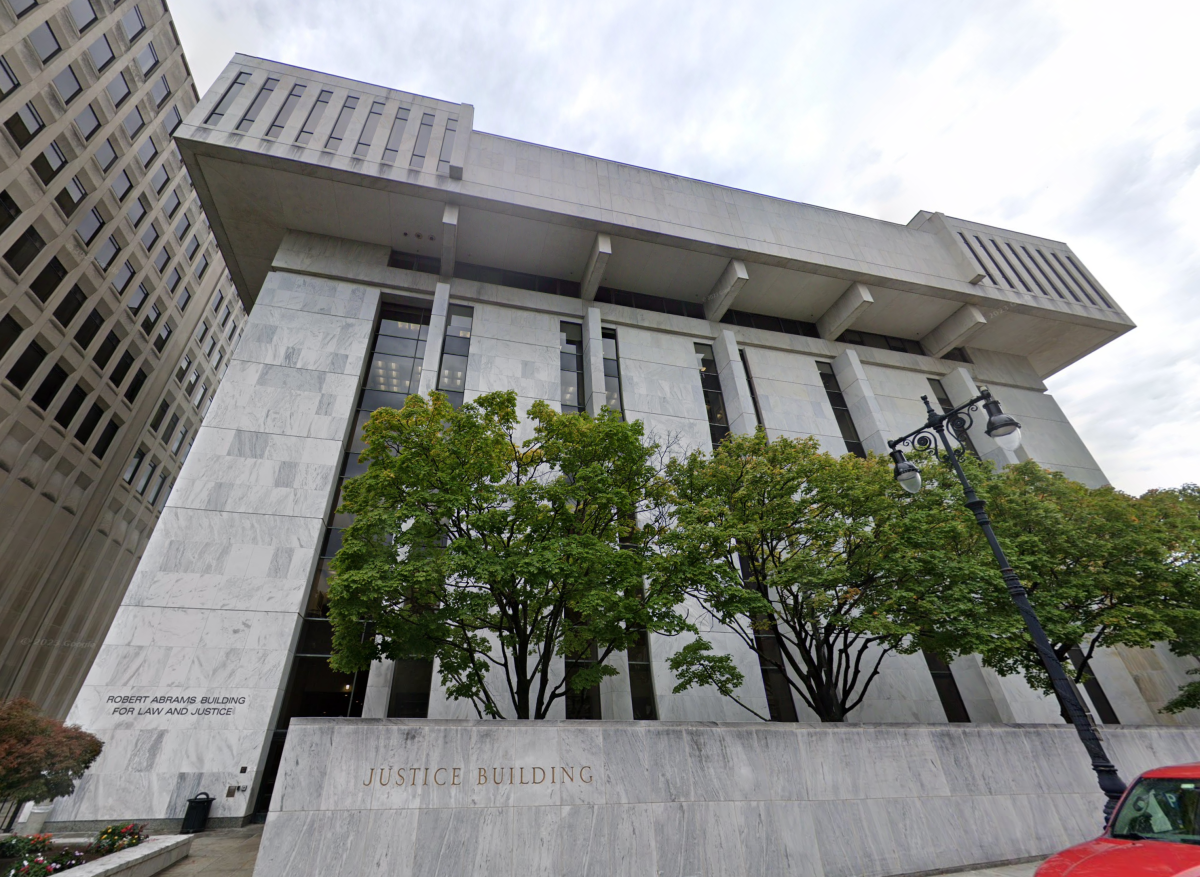A unanimous panel of the New York Appellate Division court in Albany ruled on Feb. 22 that a Saratoga County trial judge abused his discretion by refusing to seal the record of a transgender minor’s name and sex designation change. According to the opinion by out lesbian Justice Elizabeth Garry, Chief Judge of the 3rd Department, New York’s Gender Recognition Act of 2021 requires the court to protect the confidentiality of transgender people who seek to change their birth records.
The petitioners in this case are the parents of Cody, whose last name is not provided to protect the privacy of the parties. They filed the petition requesting that their child’s name and sex designation be changed and that the court records should be sealed. Saratoga County Supreme Court Justice James E. Walsh granted their petition to make the requested changes but rejected their request to seal all the court documents, without providing any explanation other than his conclusion that any safety concerns the parents raised in their application were “outweighed” by the “interest of the public.” Justice Walsh did not identify what interest the public had in the matter.
Justice Garry pointed out that the Gender Recognition Act specifically requires that a court, “immediately upon commencement of a proceeding” under the Act, order “information contained in any pleadings or paper submitted to the court to be safeguarded and sealed in order to prevent their inadvertent or unauthorized use or disclosure while the matter is pending.” She observed that it was unclear from the record of the case whether this requirement was complied with when the petition was filed with the court.
Civil Rights Law article 6-1, part of the Gender Recognition Act, states: “Upon request of the applicant or sua sponte, the court shall order the records of such change of sex designation proceeding to be sealed, to be opened only by order of the court for good cause shown or at the request of the applicant.” The Appellate Division found this language to be “clear and unambiguous.” Although the law traditionally disfavors limits on public access to court documents, and traditionally puts the “good cause” burden on the party requesting that they be sealed, the statute clearly reverses that rule in cases filed under the Gender Recognition Act to change the name and sex in birth records as part of gender affirmation.
“Despite some progress in our recent past,” wrote Justice Garry, “it remains sadly true, as evidenced by nearly every memorandum in support of the Act, and amply illustrated by the amici in this case, that risk to one’s safety is always present upon public disclosure of one’s status as transgender or otherwise gender nonconforming. The Legislature recognized that disclosure of such status subjects individuals to the risk of ‘hate crimes, public ridicule, and random acts of discrimination.’ Courts have also observed this unfortunate reality.”
The court found that the Act authorizes the judge to seal the record even when the petitioner does not specifically request sealing. Furthermore, wrote Justice Garry, “There is no showing of any public concerns whatsoever” in this case. Although courts retain some discretion to rule on name change applications, it would be an “extraordinary case” in which a court found that there was good reason to deny a request to keep the records sealed.
Cody’s parents are represented by Joseph R. Williams of Copps DiPaola Silverman PLLC, Albany, New York. The other members of the unanimous Appellate Division Panel are Justices Stan Pritzker, Michael Lynch, Lisa Fisher, and Mark Powers.



































